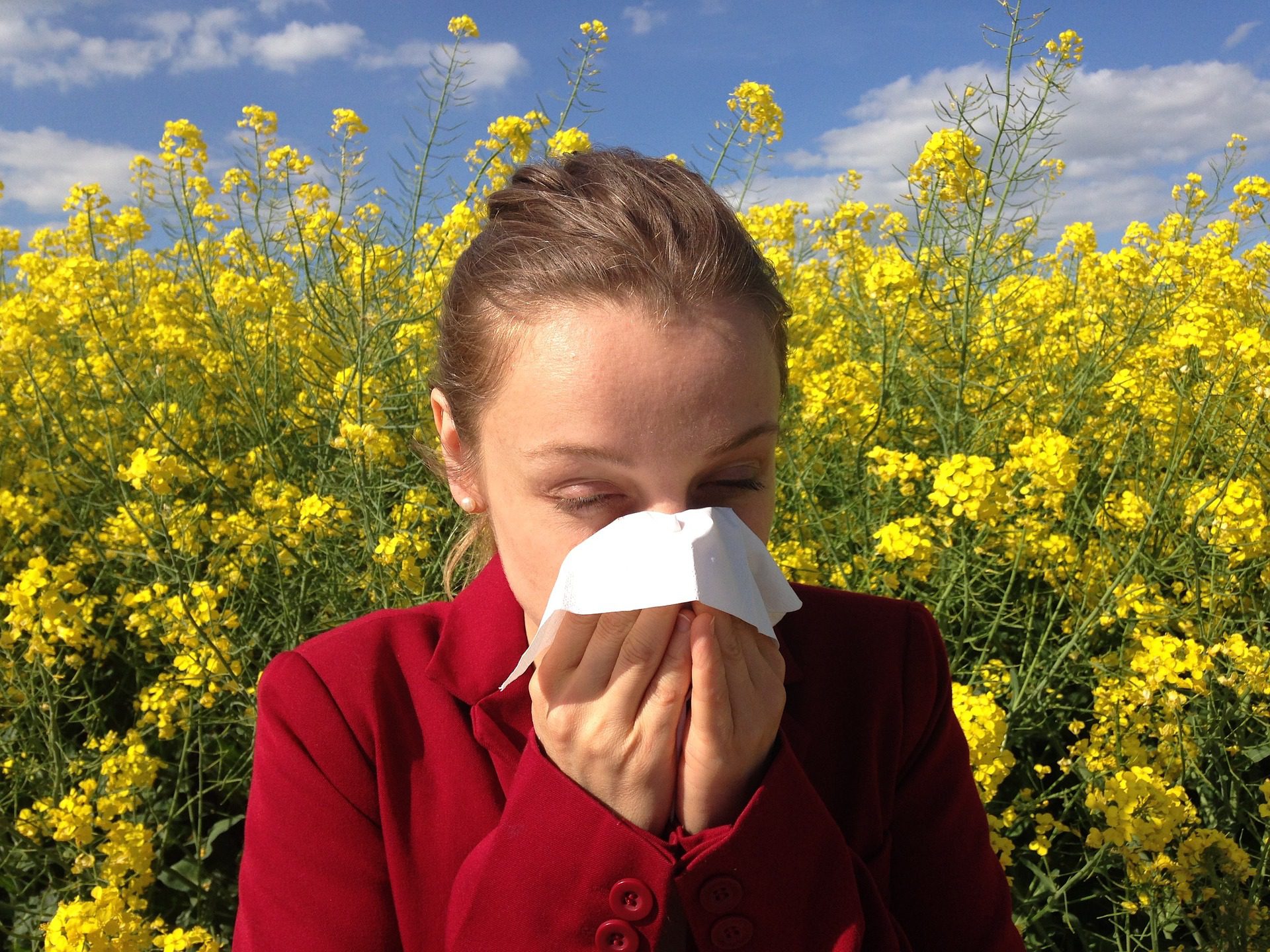What is Sleep Apnea?
The symptoms of sleep apnea may vary among individuals. Some people may have the symptoms of obstructive sleep apnea while others may have a milder form. The best way to determine the severity of sleep apnea is to get a sleep study. The study will measure how often and how long you stop breathing while you sleep. The results will determine whether you need further treatment, or if you just need to make lifestyle changes.
Sleep apnea is a disorder where the muscles that support the tongue, tonsils, and soft palate relax and narrow the airway. This can result in 10 seconds or more of breathing interruptions, during which carbon dioxide and other gases build up. When these episodes happen, the brain wakes the person briefly to open the airway. This is not ideal as this can disturb sleep. Moreover, people with sleep apnea may have frequent awakenings throughout the night, which keeps them from experiencing deep sleep. In such cases, they can try using or changing different types of mattresses to get the sleep they need.
Surgical procedures to repair the condition may help. In some cases, a hypoglossal nerve stimulator is implanted in the neck, while upper airway surgery involves the removal of tissue that blocks the airway. Another treatment is somnoplasty, which uses radiofrequency energy to shrink soft tissue in the upper airway. And another surgery that can help if the condition is severe is a tonsillectomy.
What Are Allergies?
An allergy is a reaction to certain substances in food. Allergies can develop in children, teens, and adults, and are very common. It costs the United States $24.8 billion each year. About 30% of children and 40% of adults have at least one food allergy. More than 70 million Americans suffer from allergies to some type of food. Fortunately, there are many ways to identify what causes your allergies.
Some types of allergies are inherited, so if one parent has allergies, there’s a high chance you’ll develop them as well. Some allergies start in childhood when immune systems are still weakened and are triggered by a substance that we’ve come in contact with. Some allergies are seasonal, while others are permanent. It’s important to understand your allergies so you can get the proper treatment. There’s no cure for allergies, but it is possible to reduce your symptoms and live a more comfortable life.
Sleep Apnea: The Symptoms
If you’re having trouble sleeping, you may be suffering from Sleep Apnea. This disorder can severely affect your quality of life, and it may even lead to premature death. You may not even realise that you’re having trouble breathing. You might not be aware that you’ve stopped breathing while you were asleep, but you’ll probably notice drowsiness or low energy the next day. If you notice any of these signs, you should seek medical attention as soon as possible.
Although several different tests can be done to diagnose sleep apnea, the gold standard is still a polysomnogram, a test that uses sensors that monitor your breathing while you sleep. Portable sleep monitors can also be used to detect sleep apnea. Based on the number of episodes that occur each hour and other symptoms, a doctor can make a correct diagnosis.
Obstructive sleep apnea is another cause of paused breathing while you sleep. The upper airway narrows or becomes blocked during sleep, preventing enough airflow. Obesity, large tonsils, or changes in hormone levels can all lead to narrowed airways. Central sleep apnea occurs when the brain fails to send the correct signals to the muscles of the respiratory system. In both cases, the symptoms are similar, but the causes of the disease are different.
Allergies: The Symptoms
Allergies are the result of a problem with your immune system. Most allergic reactions happen when your body’s immune system misreads something and launches an attack on it. Since the immune system normally protects you from harmful things, it may also attack harmless things, which can cause a reaction. If you suffer from allergies, see a doctor as soon as possible. They can help you find the best treatment option for your condition.
You should first visit your family doctor if you have any symptoms of an allergy. Your physician will ask detailed questions about your lifestyle and diet. They will also look for new exposures to common allergens. Once they have identified the suspected allergen, they can perform tests to determine if they are indeed the cause of your symptoms. It’s important to know what triggers your symptoms so you can manage them and avoid them in the future.
Some medications can control your symptoms, such as antihistamines and decongestants. Medications like a combination of over-the-counter and prescription medications can help you to manage your allergies. Medications like antihistamines can also reduce your inflammation and reduce the symptoms. If your symptoms persist or worsen, your doctor may suggest undergoing allergen immunotherapy. In rare cases, patients can even undergo a hospitalisation if they develop a severe allergic reaction. Also, sometimes allergies in the body can be caused if your body is deficient in magnesium.
How Sleep Apnea and Allergies Affect Sleep
While most people don’t associate allergies with snoring, they are quite common. Allergies can cause nasal congestion and blockage of the airway, causing snoring and restless sleep. Additionally, these conditions can cause fatigue the next day. But, allergies aren’t the only problems you may experience in the bedroom. Allergies and sleep apnea go hand-in-hand.
Allergies can lead to sleep apnea, especially in children. These conditions both cause inflammation of the tonsils and adenoids, resulting in a blocked airway. This condition often accompanies snoring and other symptoms. But there is more to the relationship between allergies and sleep apnea than meets the eye.
The Final Call
People with allergies and sleep apnea should see a doctor. Some of the basic treatments for OSA include CPAP machines, surgery, and custom oral appliances. If you have sleep apnea, your physician may prescribe a continuous positive airway pressure machine, which keeps light airflow moving through your airway throughout the night. These machines can help you sleep better and avoid frequent awakenings in the middle of the night.





































